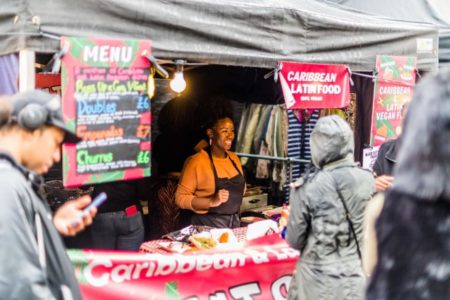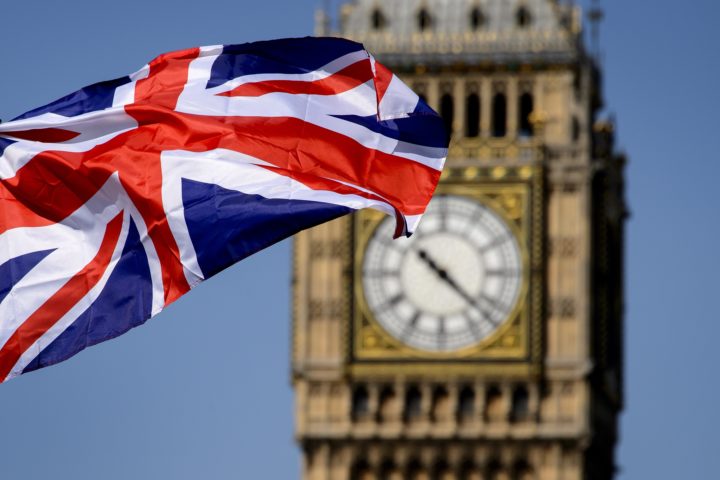October marks Black History Month in the United Kingdom, and it’s a time when people across the country are celebrating Black history and culture throughout Britain and beyond.
The first BHM in the UK took place in 1987 and was created by Ghanaian-born Akyaaba Addai-Sebo, who served as a special projects officer at the Greater London Council, according to The Week U.K.
He told Black History Month magazine that “we settled on the propitious month of October because children were fresh after the long summer vacation, so they would be more engaged and share more camaraderie.”
But as the London Evening Standard points out, October has historically been a time “when African chiefs and leaders gather to settle their differences so Akyaaba chose this month to reconnect with African roots.”
When BHM first started in the U.K. there was a huge emphasis on Black history in America but that has changed over the years.
In fact, If it weren’t for the contributions made by Black people, Britain would not be what it is today.
Here are five ways Black people have contributed to Britain.
1. Defending The U.K.

Since World War I, Black people have fought and served in the British Armed Forces, many of whom paid the ultimate price.
Soldiers from many African and Caribbean countries fought for Britain despite the fact, at the beginning of the war, the British War Office was hesitant to allow Black people to enlist in the military.
On Oct. 26, 1915, the British West Indian Regiment (BWIR) was created as a separate entity within the British Army to allow Black soldiers from the Caribbean and African countries to defend Britain.
By November 1918, the BWIR had reportedly recruited over 15,000 men. Even though Black soldiers were rarely on the battlefield when it was time to go to combat, they performed just as well as their white counterparts.
Today, more than 6,000 Black Brittons serve in the UK Armed Forces
2. A Thriving Economy

After World War II, Britain was a country in dire need of workers to rebuild its weak economy. With the help of migrants from Jamaica, Barbados, Trinidad, and other Caribbean countries known as the “Windrush Generation,” Britain has been able to position itself as the fifth-largest economy in the world.
The most common sectors in which people from the Caribbean found jobs included, manufacturing, construction, public transport, and in the medical field as nurses and nursing aides.
3. Health Services

Health is one of the most significant contributions Black people have made to the U.K.
According to The Independent, Black people have been at the forefront of taking care of the most critical patients. There are reportedly more than 190,000 Black residents working in the National Health Service, and without them, the NHS would not survive.
4. Competiive Sports

Black Britons play a vital role in the success not just on a national level but on the world stage as well. The contribution of athletes such as Anthony Joshua, Mo Farah and Jessica Ennis, as The Independent points out, helped win a record 29 gold medals back in 2012.
And despite the backlash and racial abuse that Bukayo Saka, Jadon Sancho, and Marcus Rashford faced following the Euro 2020 soccer tournament, these three men have been uplifted by Black Brittons on social media and hailed as “Black Kings.”
Many recognize that without the three men, the England team would not have made it to the finals.
5. Comfort Food and Culture

The United Kingdom isn’t known much for its food outside of bangers and mash and its traditional fish and chips, but with the help of Black Brittons, they have a lot to be proud of.
Just head to the south of some of Britain’s biggest cities, including London and Manchester, where you will find cuisine influenced by both African and Caribbean countries.
With culture, Black artists are creating their own sound that’s becoming all over the world. NSG, Tion Wayne, Jorja Smith, and Stefflon Don are artists that have made an impact beyond the U.K.





